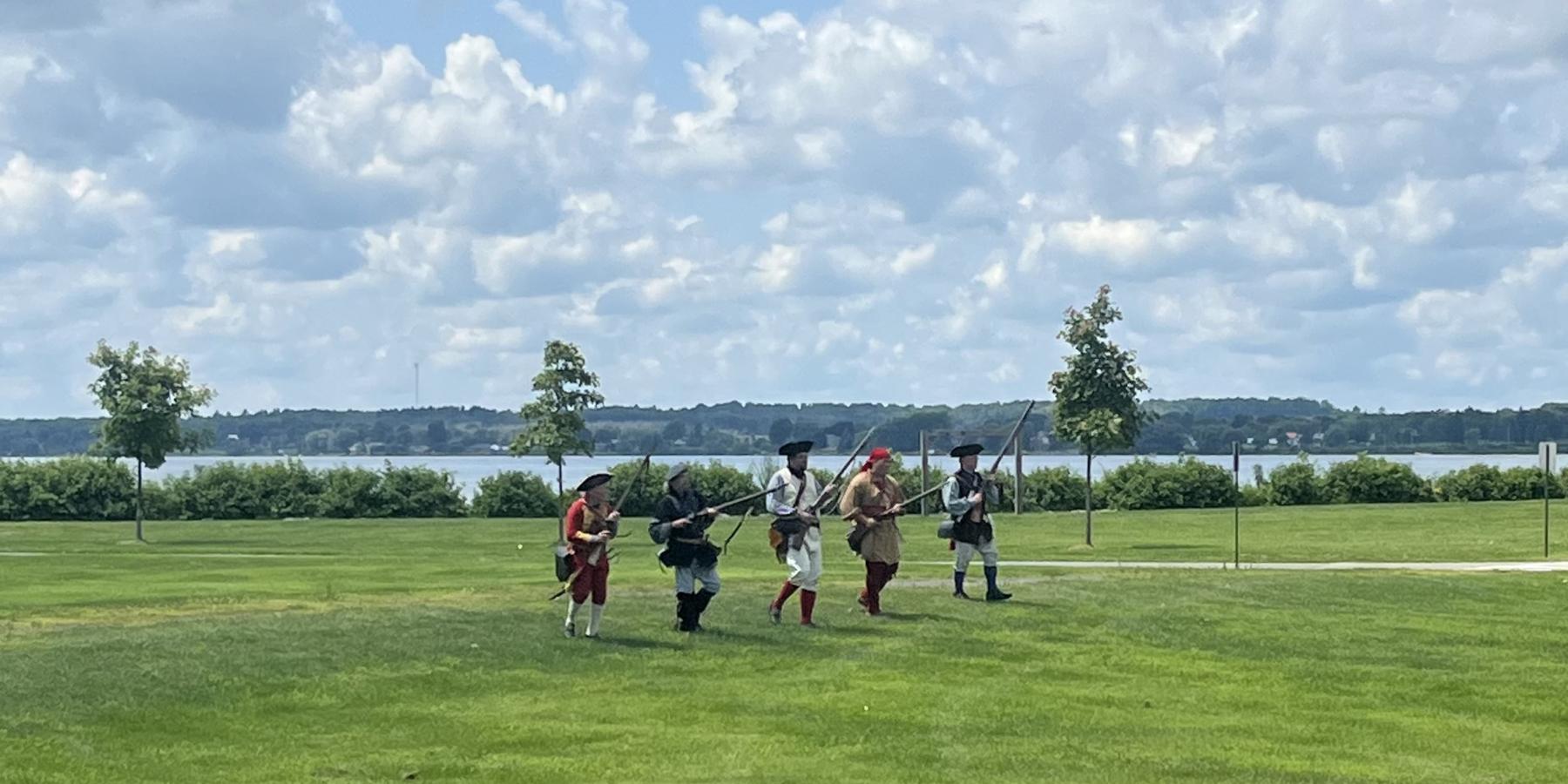
Support
During the start of the American Civil War, in 1861, the Sea Islands off the coast of Port Royal in South Carolina were soon re-taken by the Union Army. The islands contained large plantations growing corn and cotton, sprawled with fine mansions with colorful and exotic flowers. As the plantation owners saw the Union Navy arrive on their shores, they evacuated. During this haste evacuation, the owners of the fields and enslaved African Americans left behind everything they owned. This event created a truly unique moment for the United States Government.
In the next four years, the United States government, along with missionaries and New England aid societies, a free market society was created as an experiment for newly freed African Americans. While it may be obvious to our modern society that every group of people can work and fit into a free society, the New England evangelicals and abolitionists were still desperate to show the rest of the Nation "equality".
As Willie Lee Rose shows readers the Port Royal Experiment in Rehearsal for Reconstruction, she highlights the extreme undertakings of volunteers such as Laura Towne, General Hunter and other military officials, and Moses Washington among the Freedpeople.
After the conclusion of the Civil War in 1865, the Freedmen's Bureau was established to assist Freedpeople in crossing the bridge to freedom. Ira Berlin provides thousands of documented examples of the struggles of Freedpeople across South Carolina in The Wartime Genesis of Free Labor.
As previously mentioned, stories from the Freedpeople themselves drives the history of social integration post-war. Stories from Moses M Washington and Robert Bryant in their efforts to gain compensation for lost property during Sherman's March shows us how the Federal Government respected property under slavery, even though it was not legally acknowledged during the antebellum era.
